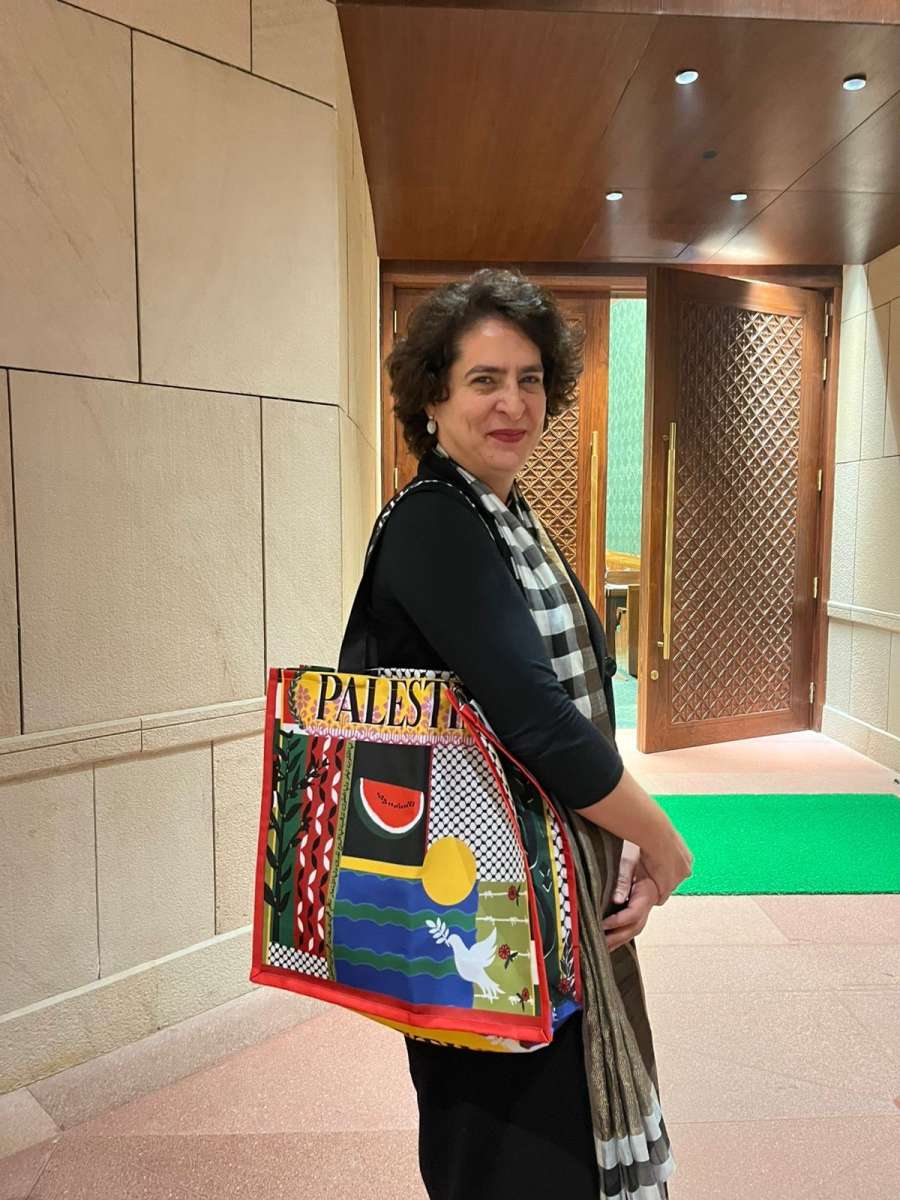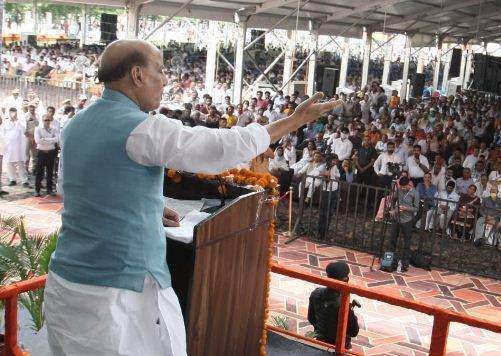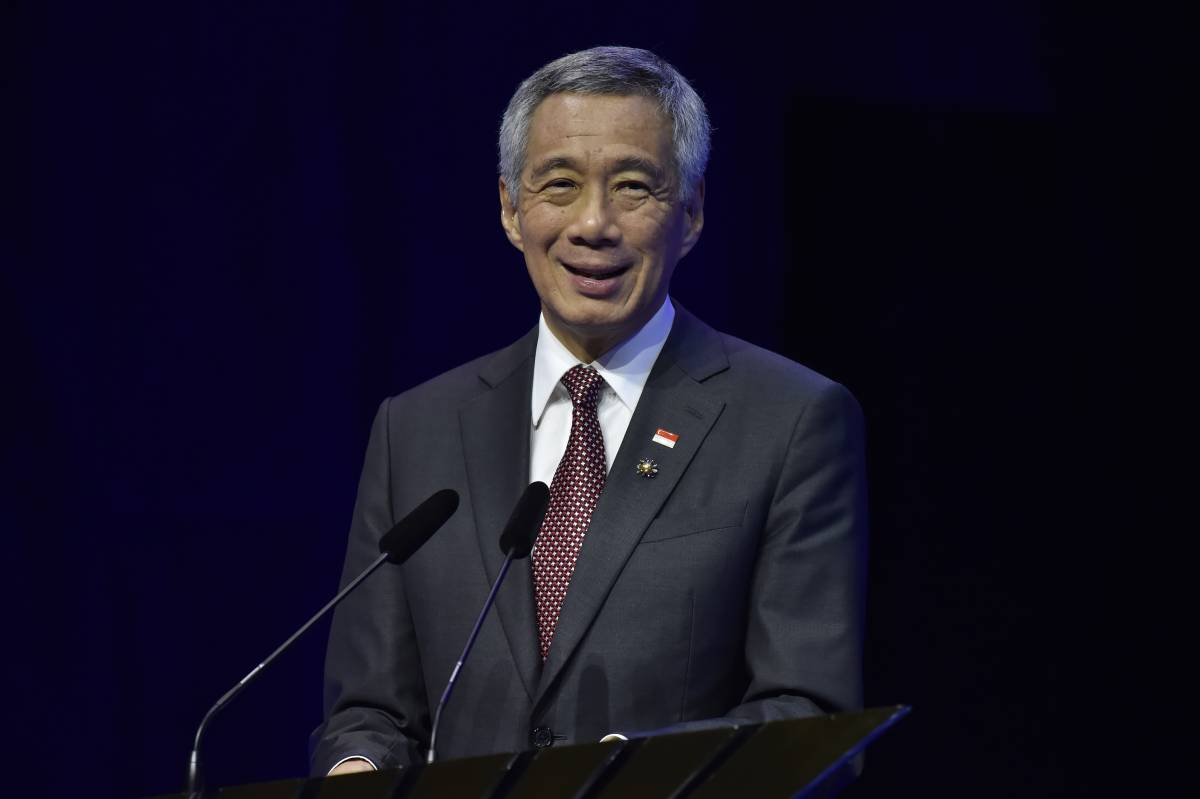There was also sparring in Lok Sabha during the debate on the supplementary demands for grants for 2024-25. …reports Asian Lit News
Rajya Sabha saw a lively debate on Monday on 75 years of the Constitution with opposition members accusing the BJP-led government of eroding constitutional values and the BJP leaders attacking Congress over decisions of its government starting from first Prime Minsiter Jawaharlal Nehru.
There was also sparring in Lok Sabha during the debate on the supplementary demands for grants for 2024-25.
Initiating the debate in Rajya Sabha on 75 years of the Constitution, Finance Minister Nirmala Sitharaman launched a scathing attack on former Congress leaders including Jawaharlal Nehru and Indira Gandhi and said that many of the Constitutional amendments that they brought were not about strengthening democracy but protecting their power
Sitharaman asserted that post Second World War, over 50 countries had become independent and had their constitution written but many have changed their entire feature but India’s Constitution stood the test of times.
“India’s experience has shown that a constitution remains robust yielding to several amendments which were the need of the hour. I would like to talk about the first Constitutional Amendment Act of 1951. There was an interim government between August 15, 1947, and it lasted till April 1952, post which an elected government took over the charge. But during 1951, when the first constitutional amendment was passed it was an interim government and not an elected government. The amendment added three more heads to Article 19 (2) saying public order could be a cause to restrict freedom of speech, friendly relations with foreign could be a cause to freedom of speech or an incitement to an offence could also be a cause. These were the amendments brought at that time,” she said.
She highlighted the Supreme Court’s two “landmark” judgements in 1950, one year back from this amendment that paved the way for freedom of press under Article 19 (1) (A).
“Many High Courts also upheld the freedom of expression of our citizens but the interim government in response thought that there was a need for the first Amendment that was brought by the Indian National Congress (INC) and it was essentially to curb the freedom,” Sitharaman said.
The Finance Minister also added that India, a democratic country which prides itself even today on freedom of expression saw the first interim government coming up with a constitutional amendment which was to curb the freedom of speech of Indians and that was within one year of adoption of the Constitution.
Kharge attacks RSS, BJP during debate on Constitution
In his remarks, Congress President and the Leader of the Opposition in Rajya Sabha Mallikarjun Kharge accused Prime Minister Narendra Modi and other BJP leaders of “untruth” and sought an apology him for “distorting facts” about Nehru.
“PM Modi distorted facts about Nehru’s letters to CMs for which he should apologise to the people of the country. This is my demand,” Kharge said.
Taking a jibe at Sitharaman, Kharge said on Monday that she studied at Jawaharlal Nehru University and the students there are so progressive and contributive to nations development whether it is in Economics, Political Science but here today, there’s talk of dismantling democratic values.
“They studied at Jawaharlal Nehru University but I do not know what they studied because the students who studied there are so progressive and they have a big hand in building the country whether it is in Economics, Political Science or History but here the talk is about eliminating the democratic things,” Kharge said.
Kharge emphasized that all must adhere to the Constitution and its Preamble.
“Merely pointing fingers at each other won’t help. The Jan Sangh had once aimed to structure the Constitution based on the laws of Manusmriti. This was the intent of the RSS. Those who despise the tricolor, the Ashoka Chakra, and the Constitution are now lecturing us. On the day the Constitution was implemented, these people burned effigies of Ambedkar, Mahatma Gandhi, and Jawaharlal Nehru at Ramlila Maidan. They insult the Nehru-Gandhi family without shame,” he said.
“In 1949, RSS leaders opposed the Constitution of India because it was not based on Manusmriti… Neither did they accept the Constitution nor the tricolour. On 26 January 2002, for the first time, the tricolour was hoisted at the RSS headquarters under compulsion. Because there was a court order,” he added.
He recalled that in 1931, during the Karachi Congress session presided over by Sardar Patel, Jawaharlal Nehru proposed a resolution on fundamental rights and economic policies, which was passed.
“The Constitution didn’t emerge out of nowhere but was shaped by pivotal movements, the freedom struggle, and even earlier events. Nehru made the demand for a Constituent Assembly a central issue in the 1937 elections. These people neither respect Mahatma Gandhi, Nehru, nor Ambedkar.,” Kharge added.
The LoP also mentioned that that in 1949, RSS leaders opposed the Indian Constitution because it wasn’t based on Manusmriti. (ANI)
ALSO READ: Energy to bind India, Lanka, UAE



